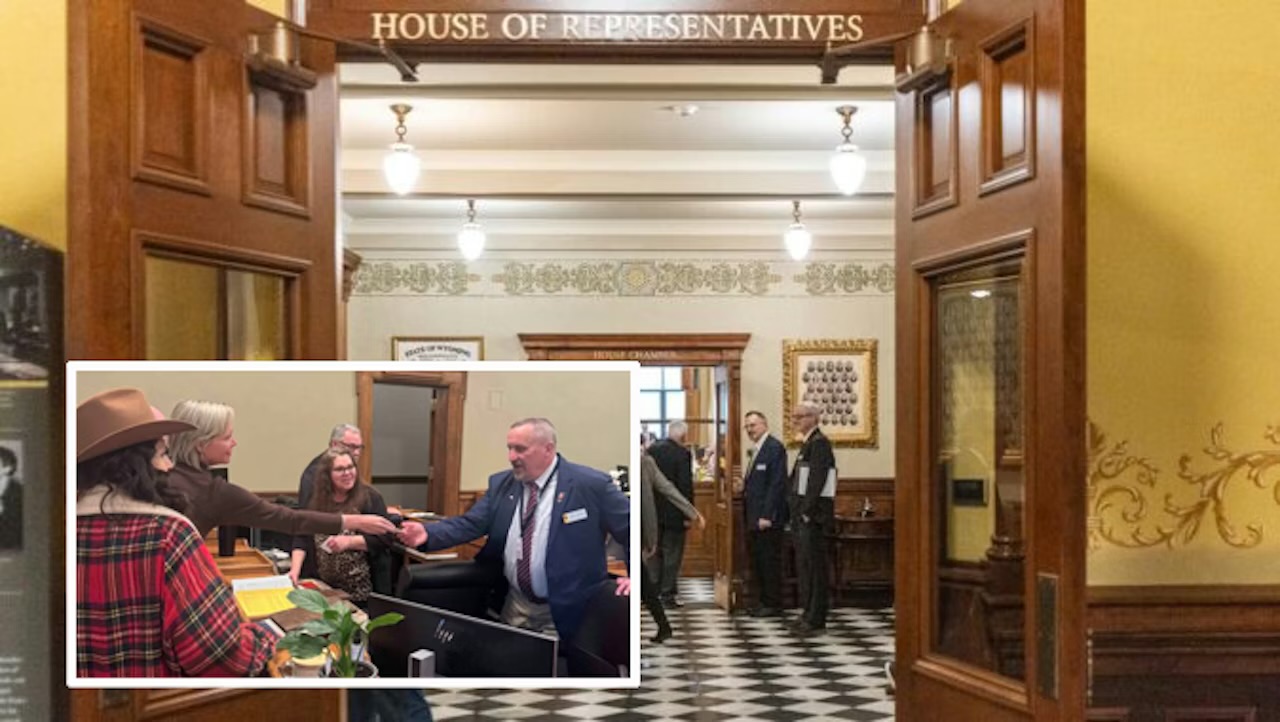The ongoing antitrust case against Google entered a new phase this week, as the US Department of Justice (DOJ) and 49 state co-plaintiffs presented proposals for addressing what a federal judge has already ruled is illegal monopolistic behavior.
The remedy phase will determine how Google should be sanctioned following a 2023 ruling that found the company maintained a monopoly over internet search and search advertising in violation of US antitrust law.
The original lawsuit, filed in 2020, accused Google of using exclusionary contracts with web browser and smartphone makers to ensure its search engine was set as the default option. According to the government, these contracts deprived competitors of the scale and data required to effectively challenge Google, giving the company overwhelming control over the search market—estimated at around 90% of general search traffic in the US and nearly 95% on mobile devices.
In August 2023, US District Judge Amit Mehta concluded that Google had used its dominant position to suppress competition and maintain its market share, and that it had deleted records related to its business practices.
Now, the focus has shifted to how to resolve the violations. The Justice Department is urging the court to implement a series of structural and behavioral remedies. Among the most significant proposals are the divestiture of Google’s Chrome browser, a halt to its exclusionary agreements, and requirements to share select user data with smaller search competitors to help level the playing field.
Supporters of the DOJ’s proposals argue that these steps are necessary to restore competitive conditions in digital markets and prevent further misuse of Google’s market dominance. The remedy phase is also notable for its bipartisan backing, having begun under the Trump administration and continued under the Biden administration.
Google, however, has pushed back. In legal filings, the company maintains that its success stems from consumer preference, not coercive business tactics. Google representatives argue that the proposed remedies would harm consumers by potentially forcing them to use inferior products and could stifle innovation rather than promote it. The company has said it intends to appeal, but only after the current phase concludes.
Legal experts believe the case may shape how competition laws are applied to digital markets for years to come. Rebecca Haw Allensworth, an antitrust law professor at Vanderbilt University, said that the case underscores that innovation and success do not justify exclusionary practices that harm market competition.
This case is being compared to previous landmark antitrust actions, such as the one against Microsoft in the late 1990s. That lawsuit also addressed bundling and default software practices, ultimately resulting in significant changes in how tech companies operate. Some analysts suggest that a strong ruling in the Google case could similarly open the door for emerging tech firms, including those focused on artificial intelligence, to compete more freely.
The DOJ initially proposed that Google be required to divest from investments in artificial intelligence firms, but has since softened that position, acknowledging concerns about unintended consequences in a rapidly evolving industry.
Meanwhile, Google is also facing other legal challenges. A separate case in Virginia recently concluded with a judge ruling that the company illegally maintained a monopoly in online advertising technology. In parallel, Meta (Facebook’s parent company) is defending against claims that it has used acquisitions to eliminate competition in social media.
With input from the Wall Street Journal and NPR.










The latest news in your social feeds
Subscribe to our social media platforms to stay tuned